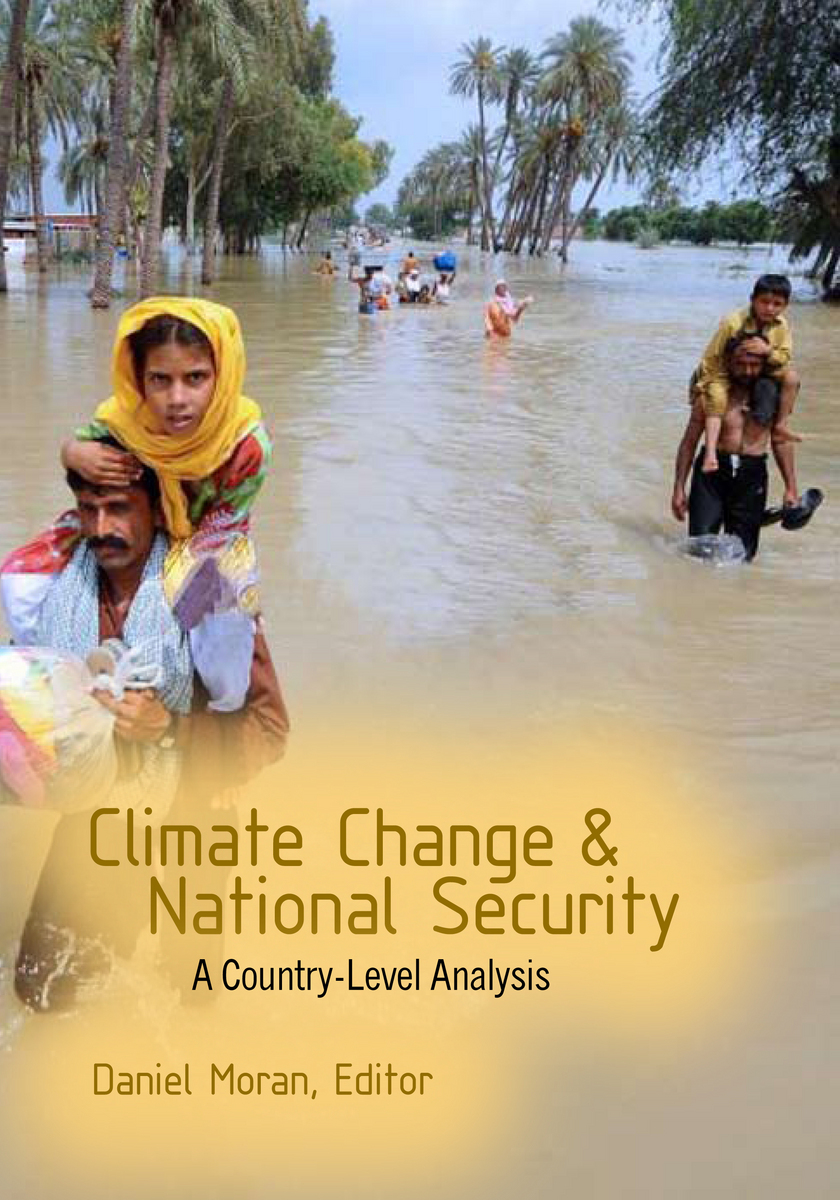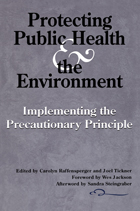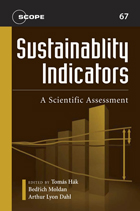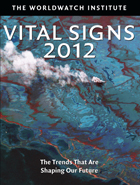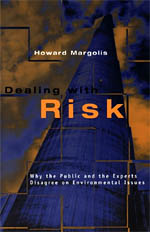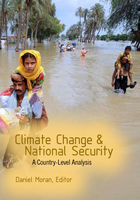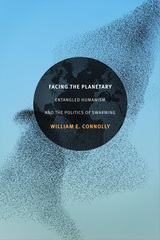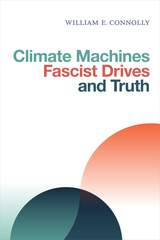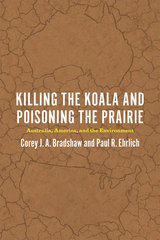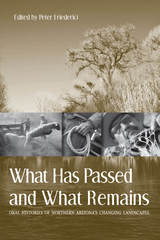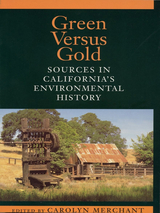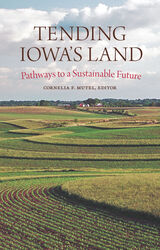Paper: 978-1-58901-741-2 | eISBN: 978-1-58901-755-9
Library of Congress Classification GE149.C55 2011
Dewey Decimal Classification 355.033
In this unique and innovative contribution to environmental security, an international team of scholars explore and estimate the intermediate-term security risks that climate change may pose for the United States, its allies and partners, and for regional and global order through the year 2030. In profiles of forty-two key countries and regions, each contributor considers the problems that climate change will pose for existing institutions and practices. By focusing on the conduct of individual states or groups of nations, the results add new precision to our understanding of the way environmental stress may be translated into political, social, economic, and military challenges in the future.
Countries and regions covered in the book include China, Vietnam, The Philippines, Indonesia, India, Pakistan, Bangladesh, Central Asia, the European Union, the Persian Gulf, Egypt, Turkey, the Maghreb, West Africa, Southern Africa, the Northern Andes, and Brazil.
See other books on: Climate Change | Climatic changes | Forecasting | Global environmental change | National security
See other titles from Georgetown University Press
